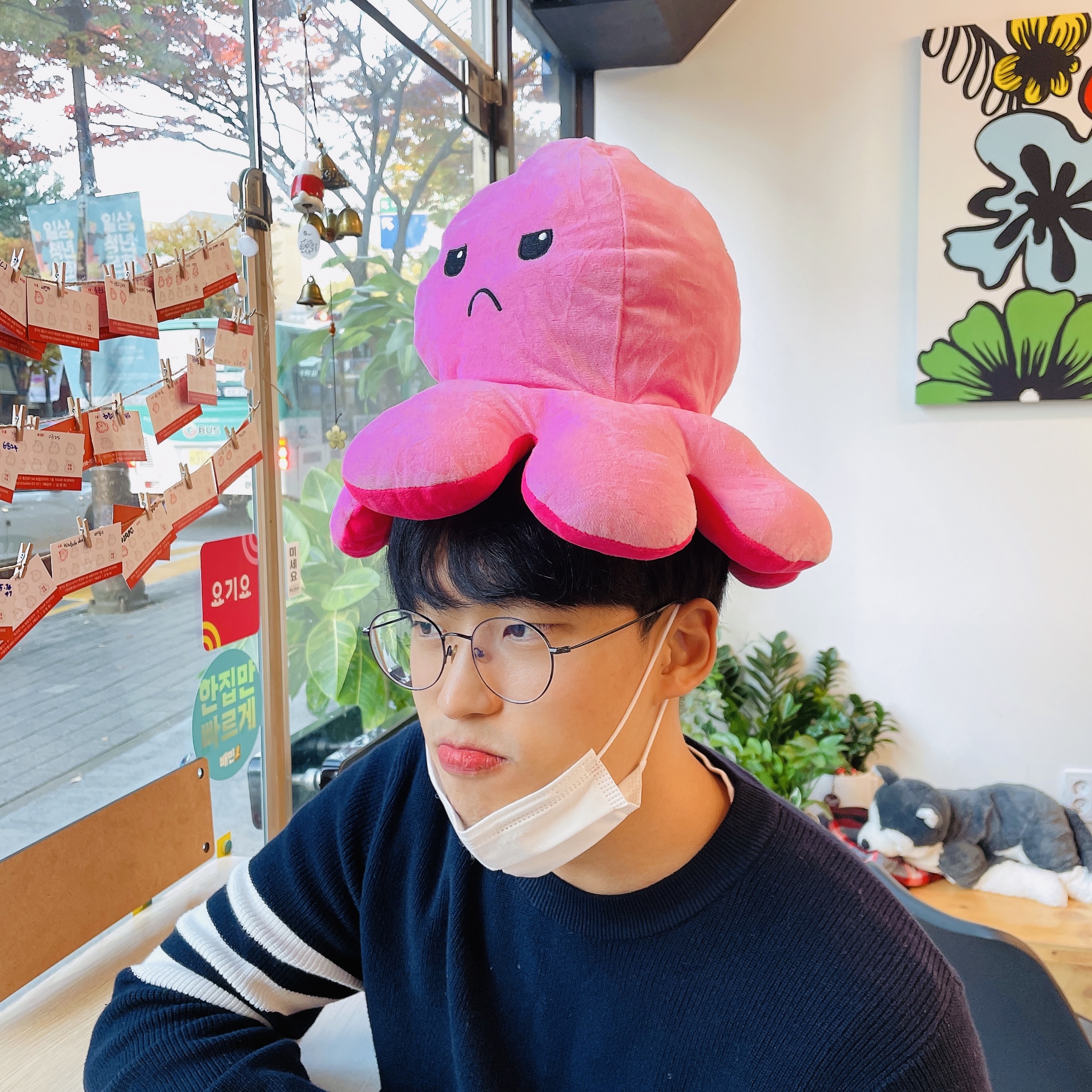| 일 | 월 | 화 | 수 | 목 | 금 | 토 |
|---|---|---|---|---|---|---|
| 1 | 2 | 3 | 4 | 5 | ||
| 6 | 7 | 8 | 9 | 10 | 11 | 12 |
| 13 | 14 | 15 | 16 | 17 | 18 | 19 |
| 20 | 21 | 22 | 23 | 24 | 25 | 26 |
| 27 | 28 | 29 | 30 |
- 머신러닝
- 최소제곱법
- kubernetes
- Class
- Linear Regression
- struct
- Machine learning
- Nonlinear Function
- 회귀
- overriding
- 지도학습
- call by reference
- 맵리듀스
- least square
- virtual function
- MapReduce
- 비선형 함수
- Overloading
- regression
- 선형모델
- inheritance
- member function
- 비선형모델
- Nonlinear Model
- call by value
- Effective C++
- 딥러닝
- c++
- local minimum
- 회귀학습
- Today
- Total
목록c++ (8)
J's Study log
 [C++] Operation principle of Member Function & Virtual Function
[C++] Operation principle of Member Function & Virtual Function
When you make an object by using a class. You might think that the memory of member functions are placed in the memory of object. But actually it's not. Conceptually, and on the basis of OOP logic, it's natural to think of member function does exist in the object. And it's a great attitude for facing C++. So just put the truth at the back of your mind. Let's cut to the chase. Operation principle..
Let's think about OOP literally while reading the code below. 1 2 3 4 5 6 7 8 9 10 11 12 13 14 15 16 17 18 19 20 21 22 23 24 25 26 27 28 29 30 31 32 33 34 35 36 37 38 39 40 41 #include using namespace std; class AAA { public: void ABC(){ cout
object pointer variable Think about, what if a base class's pointer points a derived class object. 1 2 3 4 5 6 7 8 9 10 11 12 13 14 15 16 17 18 19 20 21 22 23 24 25 26 27 28 29 30 31 32 33 34 35 36 37 38 39 40 41 42 43 44 45 46 47 48 49 50 51 52 #include using namespace std; class Person { public: void Sleep(){ coutReceive_Scholar(); // (x) */ return 0; } Person* variables can point every derive..
Overloading Name of the method must be same Return type can be same or not Number of the parameter should be different If the number of the parameter is same, the type of the parameter must be different #include using namespace std; void func(int i) { cout
call by value : This method of passing arguments to a function copies the actual value of an argument into the formal parameter of the function. The parameter of the functuin gets the copies of the value. So every calculation in the function using the parameter does changes the value of the parameter in the function, but it doesn't change the original variables which passed the value to the para..
Inheritance The base idea of inheritance is for making a conflicated classes relation more simple. No matter you add or delete a class. It'll be much easier by using inheritance. How to inherit 1 2 3 4 5 6 7 8 9 10 11 12 13 14 15 16 17 18 19 20 21 22 23 24 25 26 27 28 29 30 31 32 33 34 35 36 class A { private: int a; char b[100]; public: A(int num, char* word) : a(num) { strcpy(b, word); } void ..
